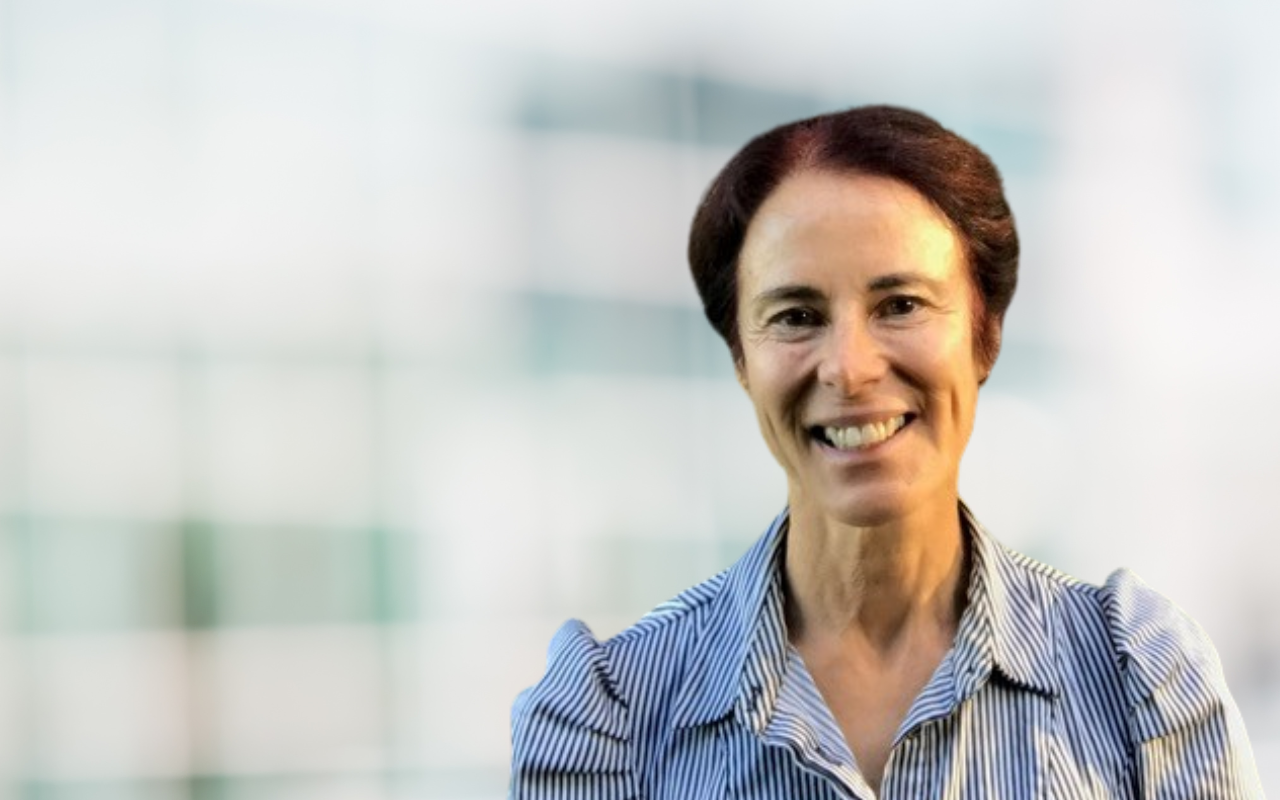Autistic doctors can bring unique perspectives and skillsets to leadership roles in health care, but face invisible barriers in reaching the boardroom.
It is no surprise that autistic doctors find it difficult to navigate their way up a career ladder. Indeed, between misunderstandings with colleagues, burnout and high suicide and self-harm rates, the health system has made it almost impossible for autistic doctors to reach leadership positions.
The challenges faced by autistic doctors in advancing their careers highlight a significant issue within the health care system. The need for understanding and support is crucial to harness their unique perspectives and skills. It is essential for health care organisations to create inclusive environments that promote diversity and ensure that autistic individuals can thrive in leadership roles.
Despite autistic practitioners often exceling in fields that demand attention to detail and diagnostic precision, they are often excluded from the very spaces where critical decisions are made — like boardrooms and leadership roles.
I was one of 18 fortunate autistic individuals accepted into Autism CRC’s Sylvia Rodger Academy 2024 Governance Program. I am writing about this journey because I believe placing autistic individuals — who are less susceptible to bystander apathy — into positions where they can influence change will improve Australia’s poor health statistics for neurodivergent people. The contributions of autistic individuals could also foster growth in our often too quiet and ineffective executive and advisory boards.

Breaking down barriers in the boardroom
The problem lies not in the skills and value that autistic professionals bring, but in the misunderstanding of how we communicate and interact within the highly socialised, often implicitly biased, and nepotistic cultures of boardroom settings.
The nuanced language of networking, office politics and informal communication within boardrooms is often an invisible barrier for autistic individuals.
Autistic professionals may struggle to engage in the often-unspoken social cues, small talk and indirect forms of communication that are so prevalent in these environments. In these spaces, much of what is considered “successful networking” has little to do with expertise or competency and everything to do with navigating this unwritten code. Clear, direct communication should be valued over nuanced or indirect language. Boards should make it clear that clarifying questions and direct responses are welcomed and encouraged, and not perceived as rude or confrontational.
Addressing these barriers to full participation — particularly the misunderstanding of communication — is a critical step in ensuring that autistic individuals are included not as afterthoughts, but as active contributors to shaping the future of their professions.
| Strengths of autistic Individuals: |
| Exceptional pattern recognition skills, as highlighted by Prof. Simon Baron-Cohen, who attributes much of human invention to autistic minds. |
| Superior abstract and spatial reasoning, and equivalent abilities in numerical, verbal and other cognitive areas. |
| A high prevalence of specialised skills in memory, visuo-spatial abilities and creative areas. Identification of defects and issues that no one else has identified. |
| Unique contributions to leadership: |
| Traits like integrity, honesty, tenacity and a willingness to challenge norms make autistic individuals valuable in boardrooms, where critical decisions are made. |
| The ability to provide innovative solutions and novel approaches to complex problems stands out as a key advantage. |
The Sylvia Rodger Academy Governance Program
The Program is funded by Autism CRC, Australia’s independent national source of evidence for best practice in relation to autism across the lifespan and the spectrum. The Program brought together a diverse group of abilities, thinking and communication styles for 5 Zoom sessions and one 3-day residential workshop, which was all managed in an autistic safe space. This Program helps participants to contribute to organisational decision making, develop their knowledge and skills in corporate governance, and network with autistic people interested in corporate governance and current board directors.
The course consists of 5 modules: Introduction to Governance, Director’s Duties and Responsibilities, Risk and Strategy, Financial Literacy, and Effective Governance. Each module required private study and activities, Zoom tutorials and online meetings. The 3-day residential workshop expanded concepts and allowed us to participate, brainstorm and partake in mock board meetings.
For this writer, who often feels drained by navigating the complexities of neurotypical communication and environments, learning and participation became effortless, and networking felt genuinely enjoyable. It was a setting and teaching style that may prove beneficial not just for autistic individuals, but for all people.
Real voices, real change
Change must be driven by those with lived experience. This principle is not just important for equity, but also for the quality and authenticity of the change being made. The perspective of an autistic person who has navigated both the medical field and the unique challenges of being neurodivergent provides invaluable insights that cannot be fully captured by someone without that lived experience — no matter how well meaning or well credentialed they may be.
Centring the voices of autistic individuals can drive more effective change, advocate for better policies and practices, and create a more compassionate, understanding environment for practitioners and patients alike.
Ultimately, ensuring that autistic people are a leading charge for change, especially in health care, is not just a matter of fairness; it’s a matter of ensuring that the systems and practices we rely on are truly inclusive, informed and representative of the diverse world they are meant to serve.
For change to be effective, these boards need to engage in intentional, thoughtful recruitment and inclusion strategies that go beyond just ticking boxes. This means creating a culture where autistic individuals are not only brought in for their perspectives but are given the power to shape policies, decisions and initiatives from the ground up. Tokenism often results in marginalised individuals being sidelined or expected to represent a whole group, which places undue pressure on them without providing real change. Instead, boards must ensure that neurodivergent voices are meaningfully integrated into every aspect of the decision-making process.
Leadership by example is also crucial. If Australian health and college boards are serious about making meaningful change, they need to publicly demonstrate their commitment to neurodiversity and invest in authentic, long term solutions. That includes shifting the culture of leadership itself, moving away from a narrow, homogenous ideal of what a “leader” or “professional” should look like, and embracing the diverse ways in which neurodivergent individuals can contribute.
The analogy of autistic people as the “canary in the coal mine” is a powerful way of highlighting how creating safe and supportive environments for neurodivergent individuals can have broad benefits for everyone, not just those who are neurodivergent. When environments are designed with neurodivergent people in mind — ensuring accessibility, inclusion and safety — it is likely to make those spaces more inclusive and supportive for all.
Autism CRC recently engaged with the Australian Government Department of Health and Aged Care to support foundational co-design work for the National Roadmap to Improve the Health and Mental Health of Autistic People, making them perfectly positioned and equipped to assist those health boards and colleges willing to start the conversation.
Dr Linda Mayer is a GP working in a justice and correctional centre. She was diagnosed as an adult with ADHD and autism.
The authors do not work for, consult, own shares in or receive funding from any company or organisation that would benefit from this article, and have disclosed no relevant affiliations beyond their academic appointment.
The statements or opinions expressed in this article reflect the views of the authors and do not necessarily represent the official policy of the AMA, the MJA or InSight+ unless so stated.
Subscribe to the free InSight+ weekly newsletter here. It is available to all readers, not just registered medical practitioners.
If you would like to submit an article for consideration, send a Word version to mjainsight-editor@ampco.com.au.

 more_vert
more_vert
I’ve dealt with Dr Linda Mayer for a long time and this article explains a lot. If anything she is more competent than the average doctor. She goes over your medical records with a fine tooth comb and doesn’t miss a thing.
She’s more focused on the individuals needs and does a stellar job at it!
Perhaps we could use ChatGPT to simulate conversations with both colleagues and patients who have autistic traits. And then give feedback on how to interpret neurodivergent communication styles appropriately. How to sensitively direct conversations that are going off track, but respecting that autists may need more repetition and detail to absorb the messages fully.
Also: check out our Australian Autistic podcaster Orion Kelly, he has great content.
I’m old enough to remember when the progressive thing to do was have interviews to admit people to medical school (UQ) to assess people’s ability to communicate. That stupid idea ignored many factors, not least of which was that the need to be competent is more important than the need to communicate correctly.
Excellent article, this is all so true!
As a medical student who has recently started my clinical years, I’ve become more wary about disclosing my ND status to doctors as I’m scared of how it will affect the way they view me; as a result, I’ve reverted back to masking a lot more. I’ve noticed that increased masking has often manifested in me asking a lot less questions or speaking up in discussions, which I fear might start to hinder my capability to learn and excel in this setting.
We absolutely need medicine to be safer for ND individuals so that we don’t have to hold ourselves back, and instead free us to use our strengths to make a positive impact.